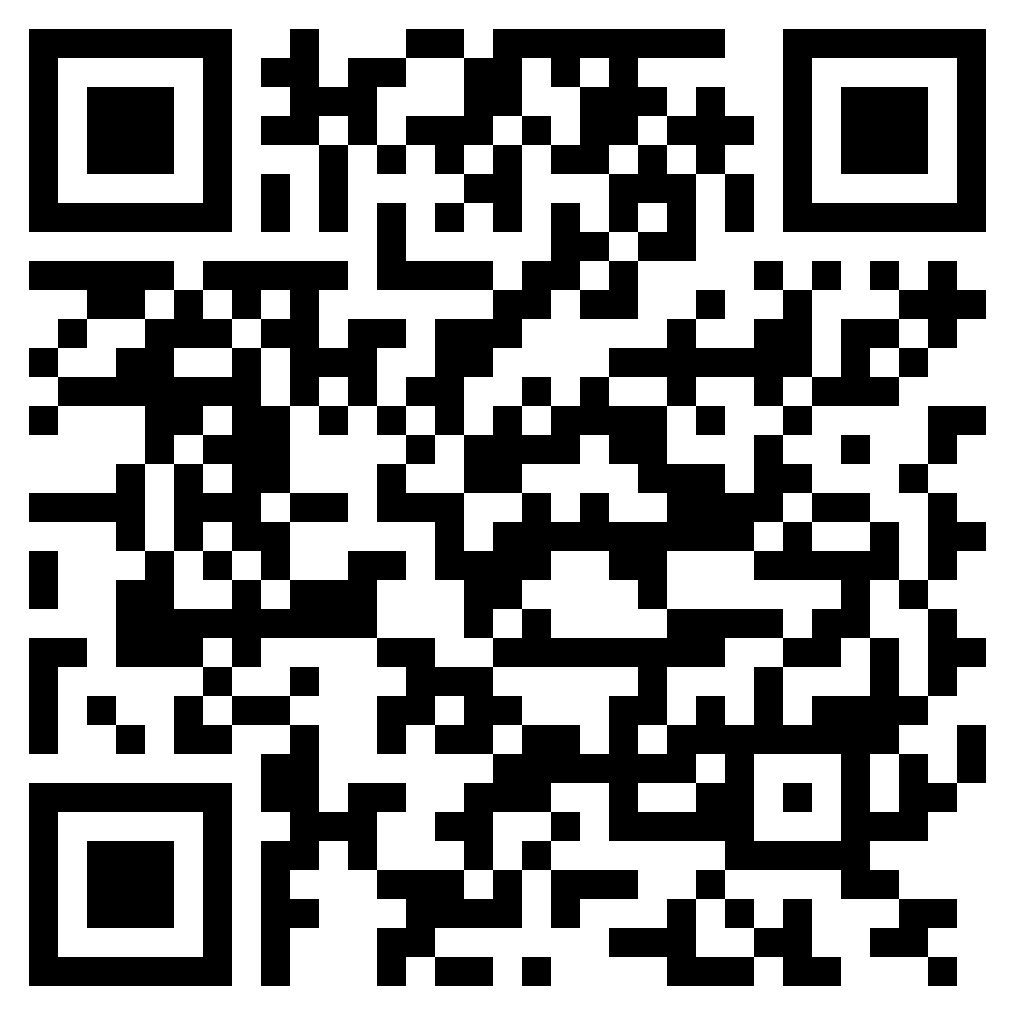Menu

In the Communication in Health and Social Care is not just useful–it is needed. If UK nursing students get a clear idea and purposeful concept of communication in the healthcare and social care area, it is vital for their education and future nursing career. This blog post aims to shed light on this crucial topic and introduce an invaluable resource Academic Expert-UK your buddy while liaising with, and ultimately arriving at academic success.
Communication in health and social care encompasses a wide array of interactions these interact within healthcare systems as healthcare workers and patients, among the teams of various medical professions, besides in social care contexts as staffers, service users and their families.
Ensuring Patient Safety: Precise and straightforward communication is crucial in avoiding mistakes, providing full assistance and ensuring safety.
Building Trust and Rapport: Patient trust is an integral part of health care which is a result of the transparent, empathetic communication.
Facilitating Multidisciplinary Collaboration: Communication most effectively respond to challenges due to the fact that a group of nurses with different expertise can work together effectively to achieve patient goals.
Supporting Emotional and Psychological Well-being: For the patients as well as the service users, communication could be as significant as the manner in which information is shared since it would significantly affect their emotional and psychological state.
Active Listening: That is committing not only a senseless act of hearing but also a good understanding of emotions and concerns that are beneath the words.
Empathy: Empathic communication is crucial since it can bring about substantial change in service experience and patient outcome.
Clarity and Brevity: And the most critical when the medical terminology involves complexities or the information has to be comprehended rapidly and accurately.
Cultural Sensitivity: The proper understanding and adherence to different cultural codes and conventions of discourse and preference is definitely necessary in a multicultural community as is represented in the UK.
Communication is one of the multifaceted obstacles which can possibly hinder effective health and social care services because of language based barriers, cultural barriers as well as literacy levels among other things. This gets rid of this sort of obstacle by means of always learning new strategies, being patient and applying modern ways like using translators, visual aids and making sure that information reaches every member of the community.
Communication stands out as the core factor in the provision of seamless and efficient healthcare and social care services. It guarantees right data exchange across candidates and doctors, adds trust between them and facilitates reliable and patient-centered content delivery. Better communication often bears fruits in these areas as it helps to raise their overall safety standards, encourages better health outcomes, and assists the emotional and psychological well being of the users.
Sharing of healthcare information, thoughts, and feelings is realized through communication which emanates from the healthcare providers, the patients, and their families. These include chat, body language – by this we mean non-verbal cues, documentation and electronics. The objective is to provide healthcare givers with the appropriate ability for assessing, diagnosing, treating, and supporting patients according to their conditions and at the same time facilitate people’s active participation in their own health.
The communication formal is indispensable in the health and social care institutions for several reasons. Its main purpose is transmitting effectively medical guidelines, organizing diagnoses, and providing accurate treatment plans. Formal communication channels, such as medical files, reports and professional correspondence, provide a way to document actions and are critical for continuity of care, legal compliance, and quality control. They achieve also the objective of making communication standardized across divergent teams, where all the team member have the same individual stance.
Communication theory in health and social care deals with the ways communication tips, theories, and principles are used in healthcare units. It examines how information flows are established t the providers, patients and family of those patients from health care perspective. Some of the noteworthy theories are the transactional model of communication whereby dynamic and reciprocal nature of interactions is considered important and the health communication models emphases on communication as a systematic approach to promote health behaviors and navigating the health care systems.
The five main methods of communication, applicable not just in healthcare but across various fields, are:
Such approaches in health and social care sectors are put together to achieve the successful communication, which observes the different preferences and preferences from clients. Understanding this method and application this method can significantly improve the resolution of this problem and offer a higher level of care in these critical sectors.
In writing an assignment task for skill and knowledge in communication for health and social care, you can make progress by applying categories to broadly cover most of the skills and knowledge base. This way they are not limited to simple details but learn the topic completely. Here are some categories that could form the basis of such an assignment:
The legal and ethical aspects are among the most crucial elements in artificial intelligence and robotics
Despite the classification of these different aspects of communication in health and social care, each category aims to provide detail arenas of learning as well as examination, ensuring learners have a clear outline to follow. By partaking in these projects, students are to develop a thorough and practical comprehension of communication strategies and will have the opportunity to gain useful skills for their successful prospective career in this sector.
For UK students to make such a communication association in health and safety care, there is complexity, which may be a challenging for them. Independent of the types of activities that are assigned, such as , reports and etc., having a wide knowledge about communicating skills and notions is basil. AcademicExpertUK can be that additional piece that will put you in the leading edge of the colleagues you face.
Moreover, it is on top of exclusive treatment for health and social care students from AcademicExpertUK. Our team of experts understands the unique requirements of these disciplines and can provide tailored assistance with Our team of experts understands the unique requirements of these disciplines and can provide tailored assistance with:
The objective is not only to assist you in submitting your assignments, but also to allow you to examine the subject matter critically and conduct meaningful discussions with peers. AcademicExpertUK is a professional online platform committed to deepening your academics know-how of the theory and practice of the communication skills in health-care and social work. Working together with us all your academic scores are not the only elements being enhanced; your career in these sectors is also being set well and on the right track.
The journey begins when you are ready to learn communication skills in health and social care by AcademicExpertUK. Our official website is a must-visit to explore more of how we can be of assistance in the academic sphere and guide you in effecting a good turn in your future life career.
Understanding and correctly applying communication basics takes up a lot of attention especially for those who are thinking about working in this field in either health or social care. If you are in the UK and want to succeed in the future then you really need to get these skills. First step towards a successful career is learning them. Accepting an apprenticeship program can be taunting, but with the AcademicExpertUK, the journey becomes easier because you already have the necessary support to succeed both in the academic and profession environment.
Download the App and Get your Discount
Play Store
App Store

AcademicExpertUK : Best UK company for Professional Assignment Help with Expert Writers. Get your assignments done now!
Disclaimer :
Academic Expert offers quality academic guidance through its experienced personnel. However, students, under no given circumstances, can submit our assistance as their original work.
Copyright 2024 © Academic Expert | All Rights Reserved
Get Instant Quote
We appreciate your interest in Academic Expert and the trust you’ve placed in us. Your submission has been successfully received. Our team is diligently working to assist you in your academic journey.